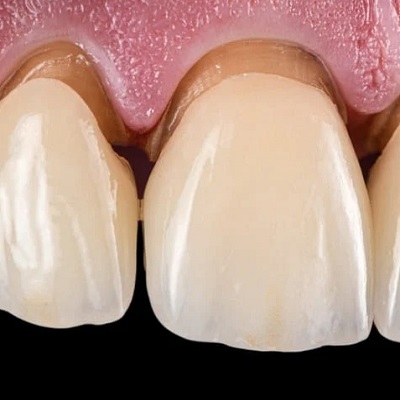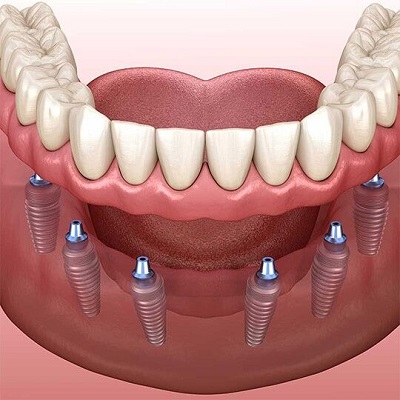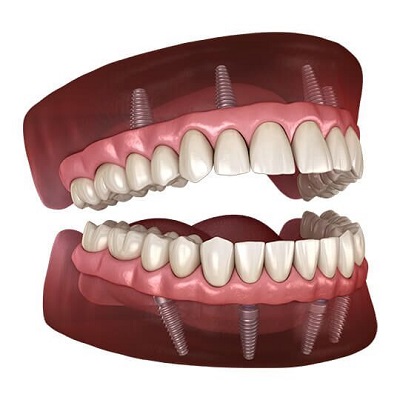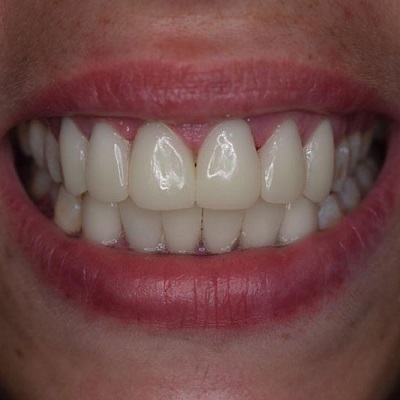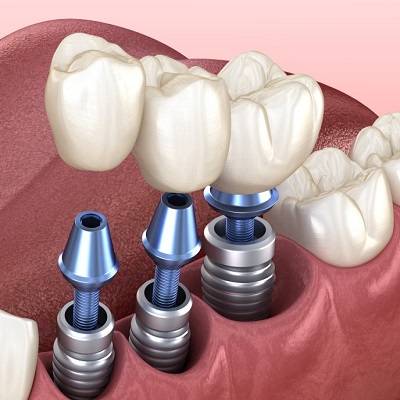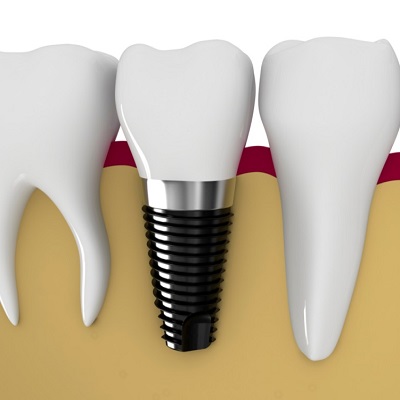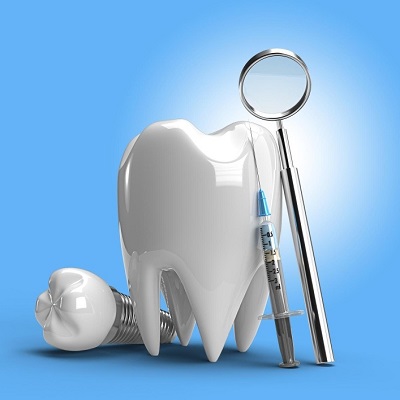 Affiliate Blog Copy – Sell Without Selling. Earn More Now!
Affiliate Blog Copy – Sell Without Selling. Earn More Now!
Dental Implants for Seniors: A Safe and Effective Solution
Written by anaya george » Updated on: June 17th, 2025 184 views

As we age, maintaining our oral health becomes increasingly important, particularly when it comes to replacing missing teeth. Dental Implants have become a popular and effective solution for seniors looking to restore their smile and improve their quality of life. This guide explores why dental implants are a safe and reliable option for older adults, addressing common concerns and highlighting the benefits of this advanced dental treatment.
1. Understanding Dental Implants:
Dental implants are artificial tooth roots made from biocompatible materials like titanium. They are surgically placed into the jawbone, where they fuse with the bone over time to provide a stable foundation for replacement teeth, such as crowns, bridges, or dentures. This process, known as osseointegration, ensures that the implant is secure and functions like a natural tooth root.
2. Why Dental Implants Are Ideal for Seniors:
For seniors, dental implants offer several advantages over traditional tooth replacement methods:
Longevity:
Unlike dentures or bridges, which may need to be replaced or adjusted over time, dental implants are designed to last for many years, often a lifetime with proper care.
Stability and Comfort:
Dental implants eliminate the discomfort and inconvenience often associated with removable dentures. They are securely anchored in the jawbone, preventing slipping or shifting during eating or speaking.
Bone Preservation:
Dental implants help preserve the jawbone by stimulating bone growth, preventing the bone loss that typically occurs with missing teeth.
Improved Oral Function:
With dental implants, seniors can enjoy improved chewing ability and clearer speech, which can significantly enhance their overall quality of life.
3. Safety Considerations for Seniors:
One of the most common concerns among older adults considering dental implants is whether the procedure is safe. Here are key factors that make dental implants a safe option for seniors:
Age Is Not a Barrier:
There is no upper age limit for dental implants. Seniors in good general health, regardless of age, can be excellent candidates for the procedure.
Thorough Health Assessment:
Before recommending dental implants, your dentist will conduct a comprehensive health evaluation to ensure you're a suitable candidate. This includes reviewing your medical history, medications, and any chronic conditions that might affect healing.
Advanced Technology:
Modern dental technology has made implant surgery safer and more predictable than ever. 3D imaging, digital planning, and guided surgery techniques allow for precise placement of implants, minimizing risks.
Bone Health Considerations:
Even if you have experienced some bone loss, which is common in seniors, there are advanced techniques like bone grafting or sinus lifts that can prepare the jawbone for implants, making the procedure feasible.
4. The Benefits of Dental Implants for Seniors:
Dental implants offer a range of benefits that can significantly improve the lives of seniors:
Enhanced Confidence:
A complete, natural-looking smile can boost self-esteem and confidence, allowing seniors to engage more fully in social activities.
Better Nutrition:
With the ability to chew food more effectively, seniors can enjoy a wider variety of nutritious foods, which is essential for overall health and well-being.
Convenience:
Unlike dentures, which require regular maintenance and adhesives, dental implants are low-maintenance. With proper oral hygiene, they can be cared for just like natural teeth.
Improved Quality of Life:
Dental implants can restore the ability to speak clearly and chew without discomfort, leading to a more active and enjoyable lifestyle.
5. Addressing Common Concerns:
It's natural to have concerns about undergoing dental implant surgery, especially as a senior. Here are some common questions and their answers:
Is the surgery painful?
While dental implant surgery is a surgical procedure, advancements in anesthesia and sedation make it a relatively comfortable experience. Most patients report only mild discomfort after the procedure, which can be managed with prescribed pain medications.
What is the recovery time?
Recovery time varies depending on the individual and the complexity of the procedure. Most seniors can resume normal activities within a few days, though complete healing and osseointegration can take several months.
Will my age affect the success of the implants?
Age alone does not affect the success rate of dental implants. Factors like overall health, bone density, and adherence to post-operative care are more critical to the success of the implants.
6. How to Prepare for Dental Implants:
If you're considering dental implants, preparation is key to a successful outcome:
Consultation and Evaluation:
Schedule a consultation with your dentist to discuss your specific needs and undergo a thorough oral examination.
Medical Clearance:
If you have any medical conditions, your dentist may consult with your physician to ensure that you are medically cleared for the procedure.
Bone Density Check:
Your dentist will assess your jawbone density to determine if you require any preparatory procedures, such as bone grafting, to support the implants.
Conclusion:
Dental implants are a safe and effective solution for seniors looking to replace missing teeth and restore their smile. With numerous benefits, including improved oral function, bone preservation, and enhanced quality of life, implants offer a reliable long-term option. By addressing any concerns and working closely with your dental team, you can achieve a successful outcome and enjoy the many advantages that dental implants provide.
Note: IndiBlogHub features both user-submitted and editorial content. We do not verify third-party contributions. Read our Disclaimer and Privacy Policyfor details.
Copyright © 2019-2025 IndiBlogHub.com. All rights reserved. Hosted on DigitalOcean for fast, reliable performance.


